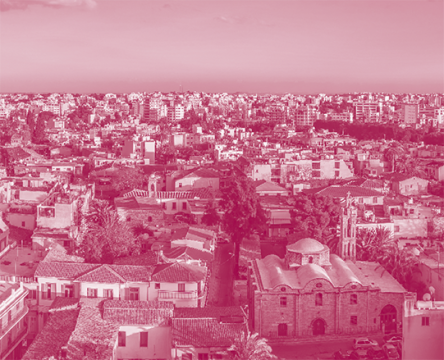Discriminatory sexual offence laws continue to impact the lives of many Commonwealth citizens, particularly affecting women, children, and LGBT people. These laws are at odds with international and regional human rights norms and domestic constitutional law. They undermine human rights and perpetuate violence, hate crimes and discrimination, and threaten the health and prosperity of entire societies. Several countries have however, made real progress in reforming their laws through either wholesale updating of criminal codes, allowing multiple issues to be tackled together, or through targeted reforms.
This series of case studies from the Human Dignity Trust highlights these recent examples. This case study focuses on the situation in Belize. This case study is split into five parts: background information about the country; legislative reform; public interest litigation; the post-reform environment in the country; and, lessons learnt from the reform process.
Since the 1990s, Belize has undertaken a concerted effort to reform its sexual offences laws, particularly to strengthen legal protection for women, children and LGBT people. This has been achieved through a combination of changes to legislation and policy via the legislature, and public interest litigation via the courts.
This case study examines how Belize has reformed its laws through:
- Legislative reform in 2014 – when Belize made sweeping changes to its Criminal Code, Chapter 101 of the Substantive Laws of Belize (‘Criminal Code’) to overhaul the provisions pertaining to sexual offences;
- Litigation in 2016 – when the landmark case of Caleb Orozco v the Attorney General of Belize (‘Orozco Case’) finally achieved the decriminalisation of private consensual same-sex sexual intimacy between adults in Belize.
The case study reflects on how those two processes – legislative reform on the one hand, and public interest litigation on the other – although unconnected, nonetheless mutually reinforced each other as frameworks for reform. Ultimately, the Belize example demonstrates that parallel action can be a strong model for achieving progressive legal and social change, and eliminating discrimination.
The Criminal Code reforms implemented in 2014 reflect a deliberate progression towards strengthening Belize’s laws to provide greater protection for women and children, and tackling discriminatory laws inherited through Belize’s British colonial history. The creation of institutions like the National Committee for Families and Children (‘NCFC’) in 1994, and the Special Envoy for Women and Children (‘Special Envoy’) a decade later in 2003, mandated as they were to address and improve the protection of women and young children, complemented the implementation of legislative reform and the introduction of new protective laws and policies, and have all been part of a progressive long-term agenda to eliminate discrimination and strengthen equality.
Prior to the 2016 landmark decision in the Orozco Case, Belize was one of 11 Commonwealth Caribbean countries that still criminalised private consensual same-sex sexual intimacy between adults. Prompted by growing calls from human rights defenders and HIV/AIDs experts from within Belize (and across the Caribbean region) to repeal such laws, and in the absence of political and legislative action to address the situation, regional legal experts turned to considering the viability of constitutional or public interest litigation as a strategy to achieve legal reform. Legal analyses identified Belize as having good prospects of success if a challenge were to be brought. Following broad consultations between 2007 and 2010, UNIBAM and Mr. Orozco were identified as litigants, and a collective decision was made within the LGBT community and amongst other stakeholders in Belize to launch a case in 2010.
Following a number of preliminary hearings in 2012, the Supreme Court hearing took place in May 2013. The hearing lasted four days and during that time it dominated the national media. After a wait of three years and three months, in August 2016, the Supreme Court handed down a historic judgment, ruling that Section 53 was unconstitutional and breached the rights to privacy, human dignity, freedom of expression, equality and protection against discrimination. The Supreme Court ordered that the Criminal Code be amended so that Section 53 no longer applies to consensual sexual acts between adults (including same-sex adults) in private.
The process of legal reform Belize underwent serves as an inspiring example to other countries that aspire to implement a progressive and rights-based legislative framework when presented with the challenge of limited resources.
Download the report



